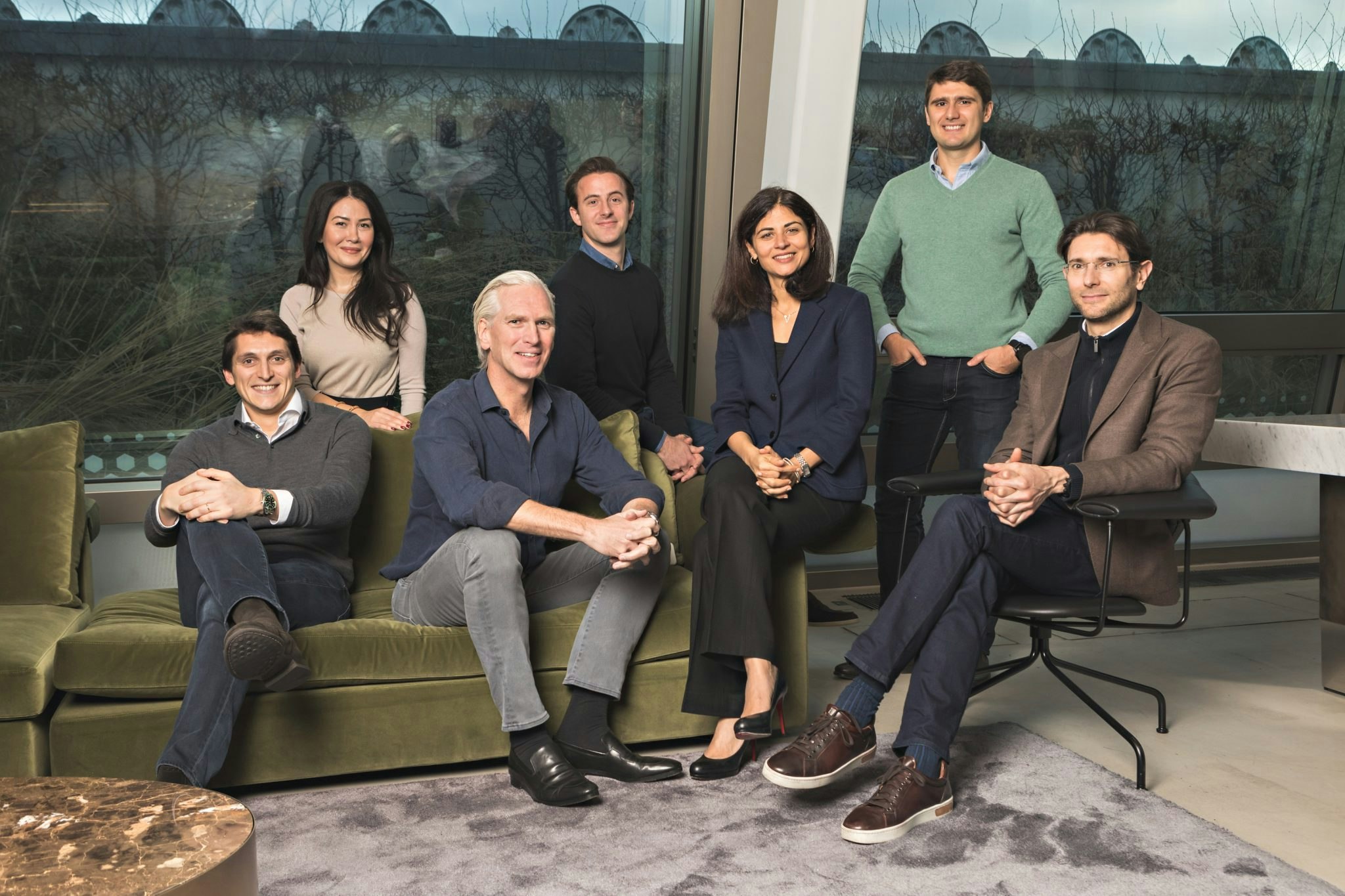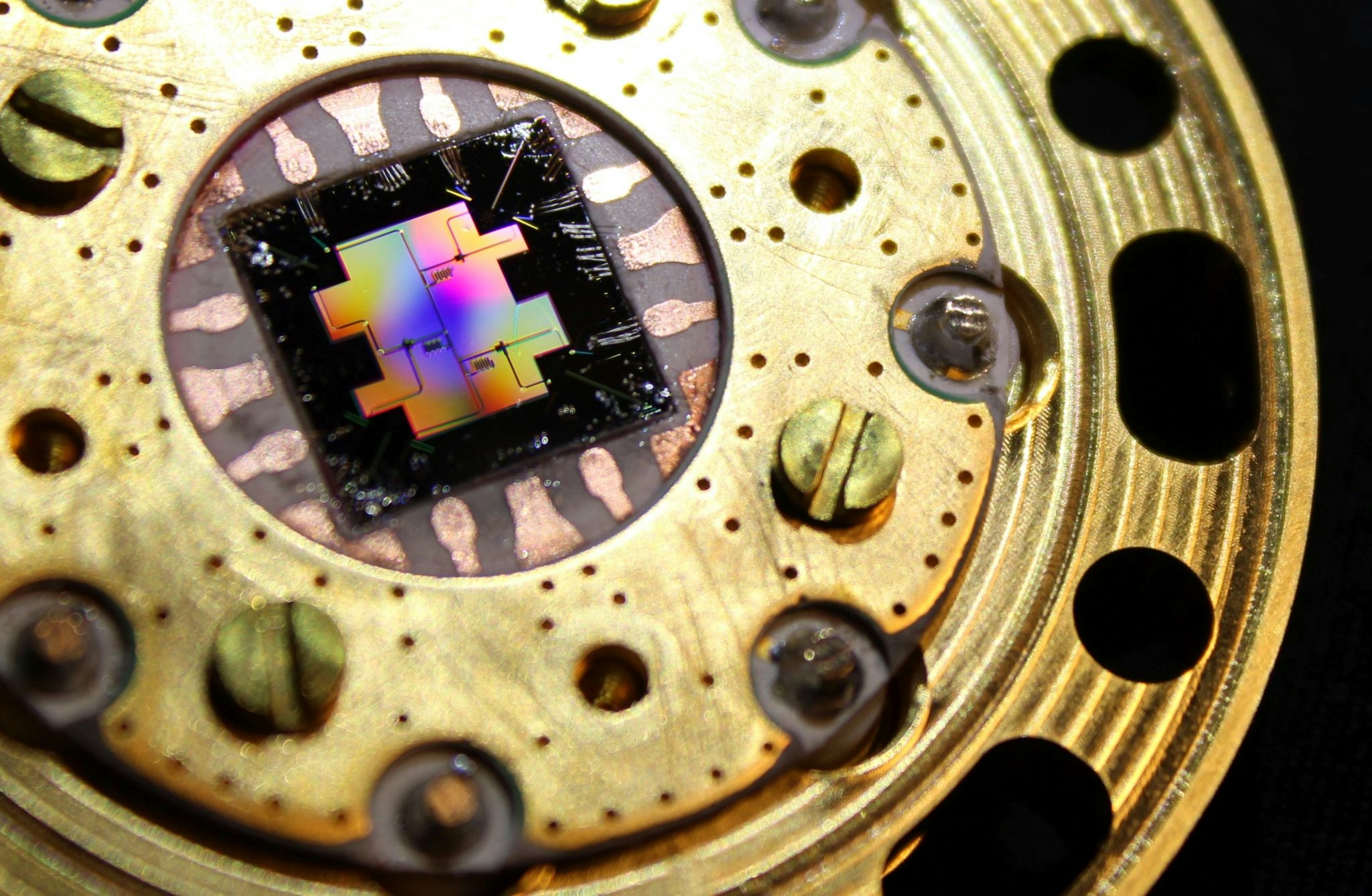It is not easy to find investors for a deeptech startup. Science-based companies can take much longer than the typical seven to eight year venture capital investment cycle to produce a return, and not every investor has the background or experience to evaluate these businesses correctly.
But there are a growing number of European investors who do know to do this — and there has been a recent influx of new ones on the scene. Corporate venture arms can also often provide patient capital and a handful have established a track record of success.
This is our list of the 29 investors that deeptech companies should look at when they start seeking money. This is a peer-nominated list, put together by asking people working in this sector who they come across most frequently and who they value. As always, this is an evolving list, so if there is a great company we have missed, please let us know.
There are many flavours to deeptech investing, so we've categorised the funds to help you find a perfect fit — whether it is an established name with a string of exits under their belt, or a fresh new arrival with an interesting thesis, a fund that specialises in university spin-outs or one that is good at plugging business-to-business (B2B) startups into corporate networks. Click the names to read the full description of how they operate.
Long-established: Accel Partners, AlbionVC, Amadeus Capital Partners, Earlybird Venture Capital, Elaia, Emerald Technology Ventures, IQ Capital, Supernova Invest
New arrivals: Ahren Innovation Capital, AV8 Ventures, Crane Venture Partners, Future Positive Capital, Maki.VC
Corporate-backed: ABB Technology Ventures, AV8 Ventures, Emerald Technology Ventures, Robert Bosch Venture Capital, Schneider Electric Ventures, Next47
University-affiliated: AlbionVC, Cambridge Innovation Capital, Elaia, Parkwalk
If you want to take your business to the US: Accel Partners, Atlantic Bridge, Frontline Capital
If you want a lot of money: Atomico, Next47
Very specialist, lots of handholding: Freigeist, Walerud
Focus on central and eastern Europe: Credo Ventures, Earlybird Venture Capital, LAUNCHub Ventures
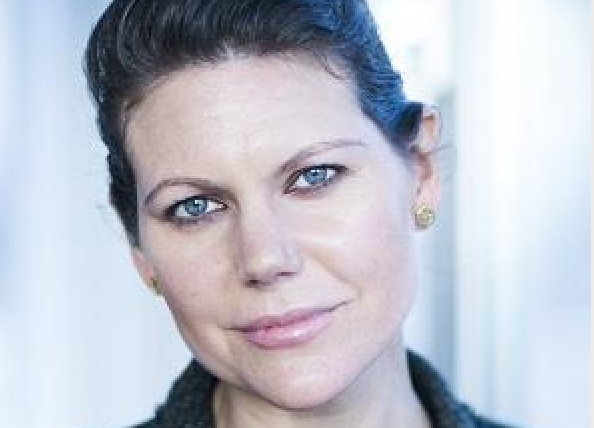
ABB Technology Ventures (ATV)
Founded: 2009, first investment in 2010
People: Investment Directors: Kurt Kaltenegger – head of ventures, Thomas Vogel – North America investments, Arvind Vasu – Asia investments, Malin Carlström – Europe investments
Size of fund: Since 2010, ATV has invested more than $200m into technology startups. The fund has an evergreen structure with investment coming from the corporate balance sheet. It looks for startups working on the future of cities, buildings and homes; future of transportation; future of industry.
What stage do they invest in? From seed to Series C with a preference of Series A and B
USP: The venture capital arm of ATV has invested in startups spanning a range of sectors including robotics, drones, industrial internet of things, artificial intelligence/machine learning, cybersecurity, smart buildings, electric mobility and distributed energy. The advantage of working with ATV is that startups get access to ATV’s deep research and development bench, domain expertise, global customer base and channel partners. An evergreen fund structure means there is less pressure to exit quickly.
Notable investments: 26 companies, including CMR Surgical, Vicarious, GreenVolts, Kespry, Validus
Notable exits: Bonsai, Trilliant, Validus DC Systems, Industrial Defender and Persimmon.
Best way to get in touch: Through the website
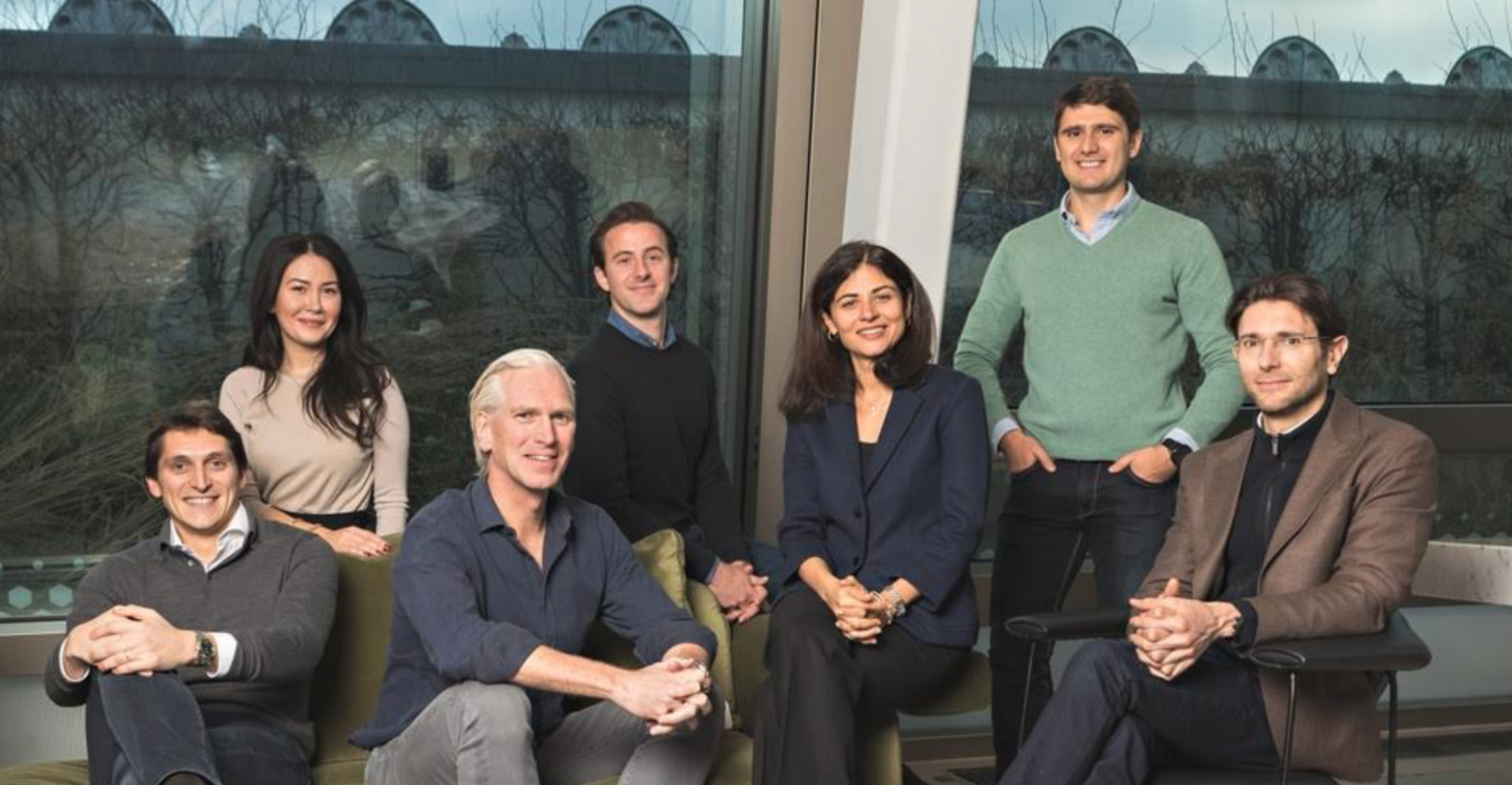
Accel
Founded: 1983, London office established in 2000
Location: London, Bangalore and Palo Alto
People: In London, Harry Nelis, Sonali De Rycker, Philippe Botteri, Luciana Lixandru, Seth Pierrepont, Andrei Brasoveanu, Luca Bocchio
Size of fund: Accel has raised six funds for Europe and has $3bn under management in Europe.
What stage do they invest in? Early-stage, typically Series A
USP: Seeks to identify and partner with ambitious founders who have identified an untapped sector and have uncapped ambition. They are industry agnostic, backing originals from the earliest days through all phases of growth. They look for significant technical expertise in the founding team and intellectual property in the product. Their investment philosophy is based on thinking 35 years ahead, and they have a deep chief information officer and technical expert network that helps Accel understand the underlying technology at companies. As they have teams in London, Bangalore and Palo Alto they can offer startups the chance to be connected globally.
Notable investments: Celonis, dashdash, Rasa, Humio, Deliveroo, Monzo, Snyk, UiPath
Notable exits: Atlassian, KAYAK, QlikTech, Spotify, Supercell
Best way to get in touch: Founders can reach out to partners directly via social media or through introductions
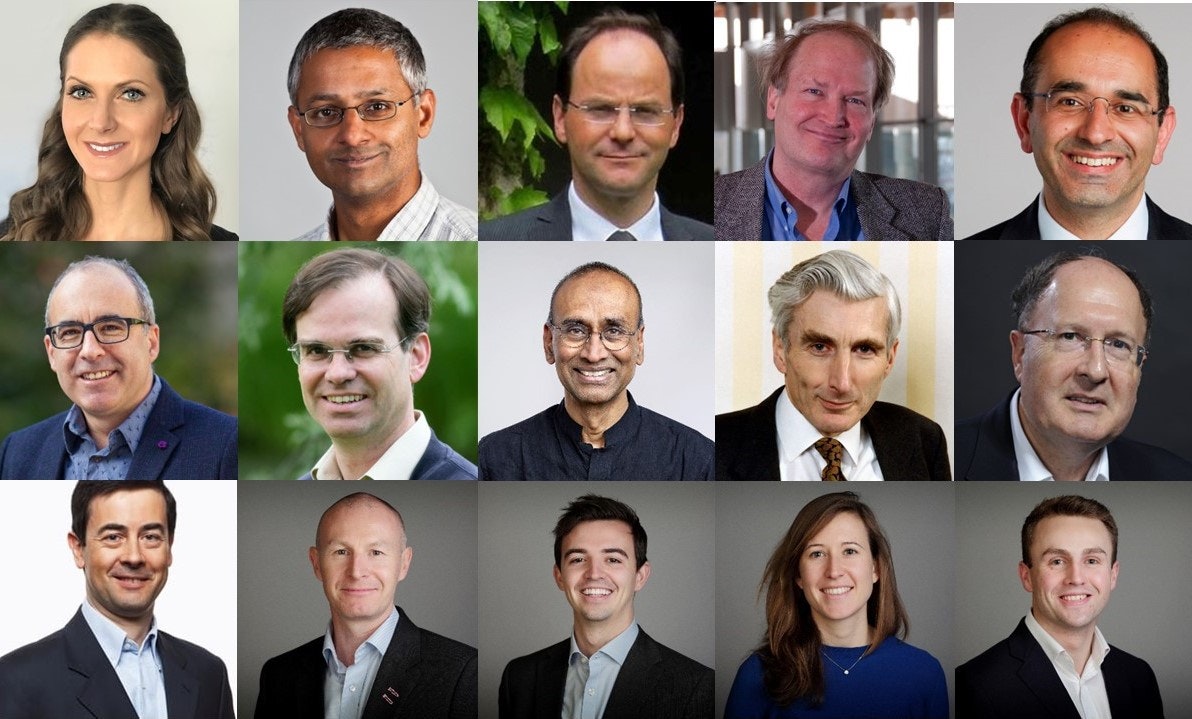
Ahren Innovation Capital
Location: Cambridge, UK
People: Nine founding partners: Alice Newcombe-Ellis (founding and managing partner), Sir Shankar Balasubramanian, Professor John Daugman OBE, Professor Zoubin Ghahramani, Professor Steve Jackson, Professor Andy Parker, Sir Venki Ramakrishnan, Lord Martin Rees, Sir Gregory Winter
Fund size: First fund of $250m raised in June 2019
What stage will they invest in? Seed to late stage. Typically invest up to $10m in an initial investment. Likely to invest in follow-on rounds, with a maximum investment of up to 15% of the fund.
USP: Has a philosophy of "patient active" capital, so it will allow longer investment cycles — up to 15 years — but also help companies find markets for their tech. The company has founding science partners with a long track record in both academia and industry. They have created technologies worth $100bn+ between them, and the idea is that they can help young companies do the same. Ahren also has a unique base of limited partners, including unicorn founders and corporations such as Aviva that have the potential to run pilots or provide access to key customers.
Notable investments: Seven investments so far including Graphcore, Mogrify (transforms cells from one type to another) Nu Quantum (building quantum hardware) and Cambridge Epigenetix
Notable exits: None yet
Best way to get in touch: info@ahren.co.uk and @AhrenLP
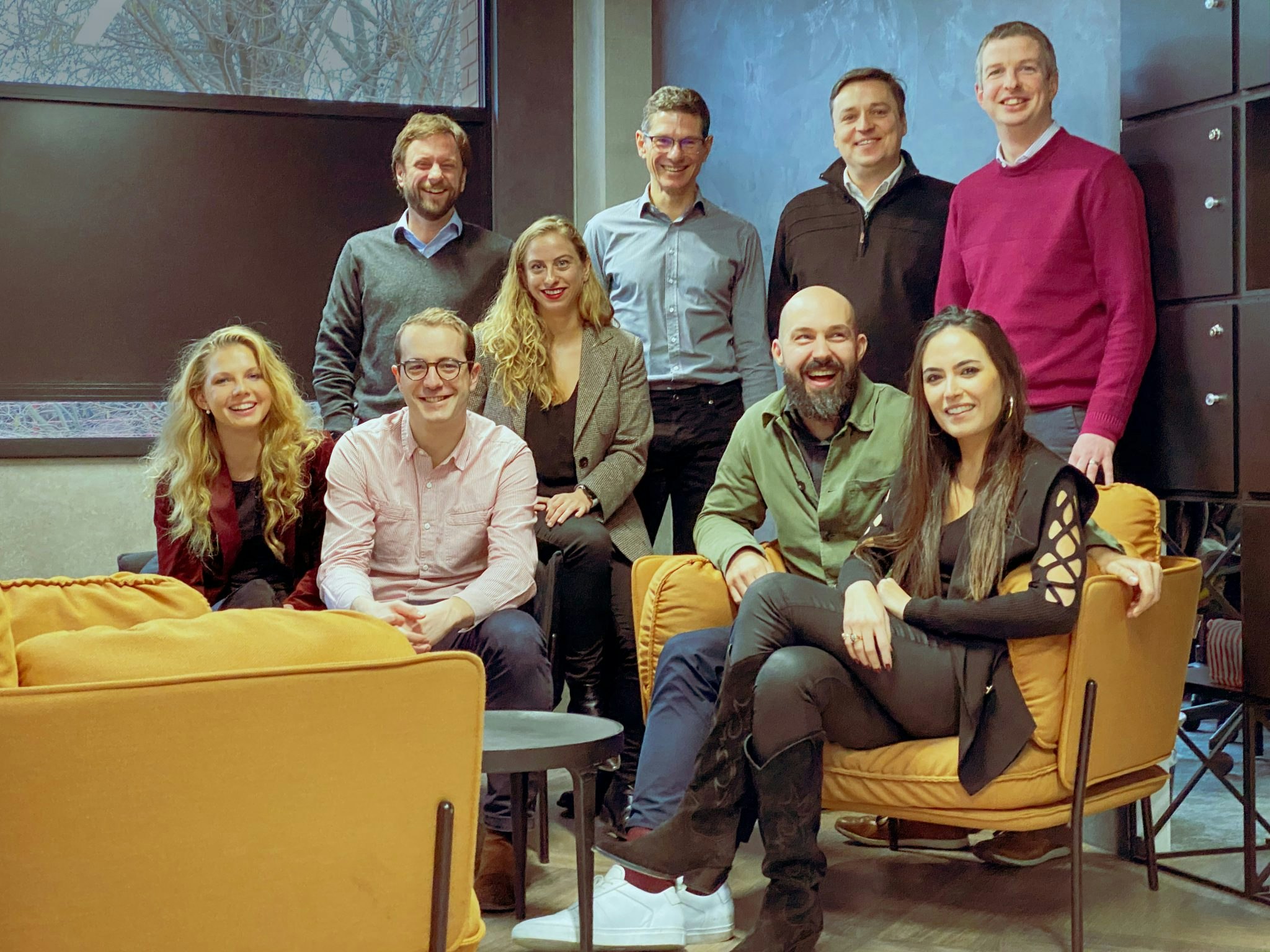
AlbionVC
Founded: Albion Capital was founded in 1995 (the tech investment team was named AlbionVC in 2018 to reflect the increasing importance of the tech portfolio and the changed investment focus)
People: The tech team is headed by Ed Lascelles and includes Robert Whitby-Smith, Emil Gigov, Jay Wilson, Paul Lehair, Jess Bartos, Nadine Torbay and Cat MacDonald.
Size of fund: £540m in seven funds (six evergreen venture capital trusts and the UCL Technology fund)
What stage do they invest in? Late seed, Series A and Series B
USP: Invests in UK startups focused on business-to-business software and marketplaces. The team has 25 years of experience and takes the approach of building good chemistry with founders. The evergreen venture capital trust structure means that they can take a long term view on investments, holding them for more than 10 years. For example, they held PSE for 12 years before exiting in 2019.
Notable investments: 52 companies in the portfolio, including Avora (business intelligence artificial intelligence), Elliptic (fighting financial crime in crypto), Hazy (synthetic data), Imandra (automated reasoning — explainable artificial intelligence), Phasecraft (quantum computing), Speechmatics (speechtech) and Quantexa (data analytics artificial intelligence).
Notable exits: Bloomsbury AI (Facebook, 2018, undisclosed return), Grapeshot (Oracle, 2018, 10x cost), PSE (Siemens, 2019, 10x cost) and initial public offering of Orchard Therapeutics (NASDAQ MV:$1.2BN) and Meira GTX (NASDAQ MV: $0.7BN).
Best way to get in touch: Will look at emails and social media approaches but prefers warm introductions.
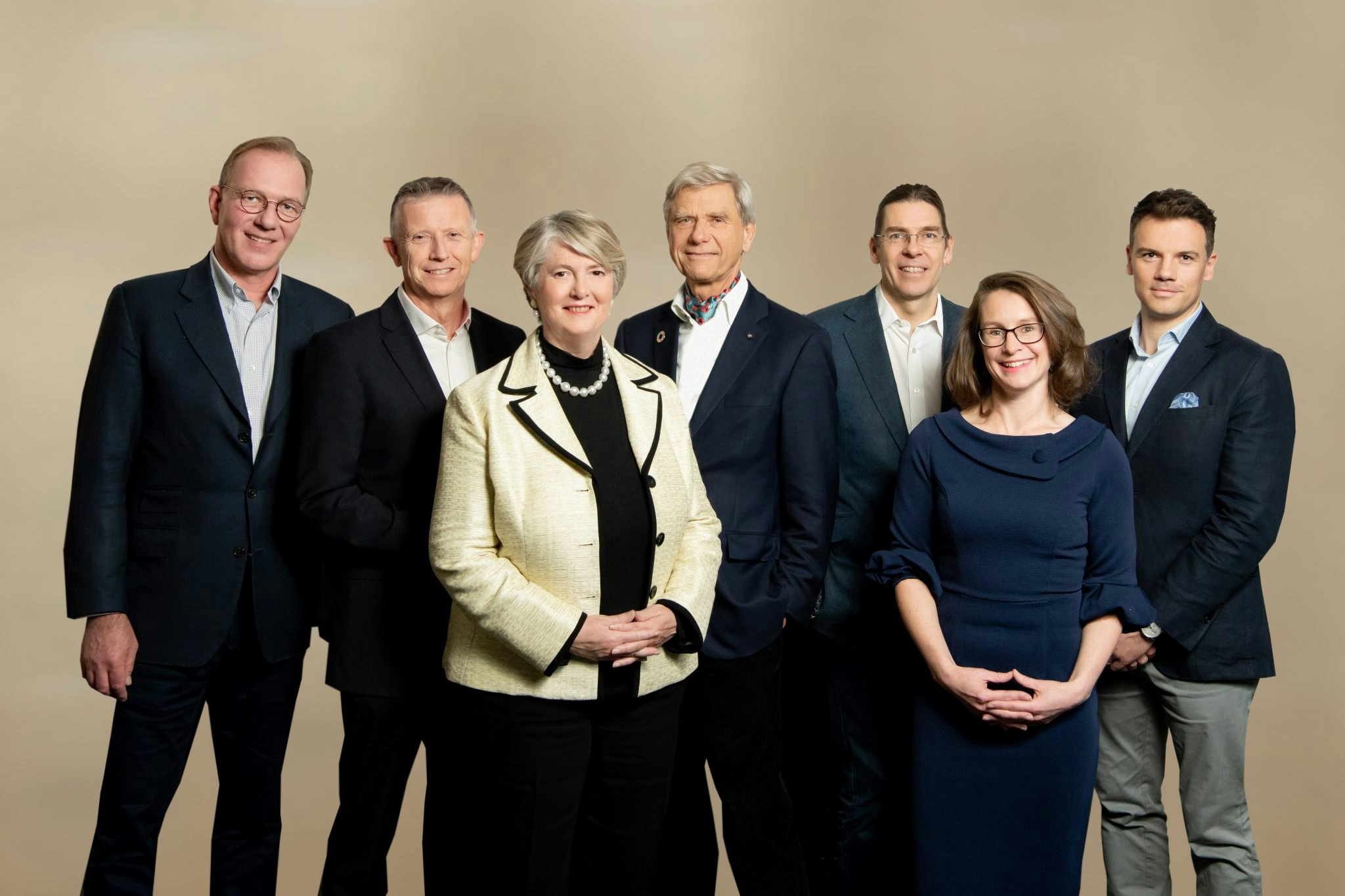
Amadeus Capital Partners
Location: Cambridge, UK
People: Anne Glover (chief executive and cofounder); Hermann Hauser (cofounder and venture partner); Alex van Someren (managing partner – early stage funds); Andrea Traversone (managing partner – digital prosperity funds); Pat Burtis (partner); Nick Kingsbury (partner); Volker Hirsch (venture partner).
Size of fund: Has raised 18 funds so far and has $1bn+ in commitments
What stage does it invest in? Seed and Series A investments (with follow-ons) mainly in UK technology companies. In Europe and Latin America it tends to invest in Series B.
USP: Known for taking early and astute bets on deeptech startups, the portfolio speaks for itself.
The firm has three investment strands. For early-stage UK investments it focuses on artificial intelligence; machine learning; autonomous systems; human/computer interfaces; enterprise software-as-a-service (SaaS); cyber security; digital health; medical technology and novel materials; quantum technologies.
Amadeus also makes opportunistic investments in European companies with proven technology, helping them commercialise, and has a third thesis around digital prosperity in emerging market, investing growth capital in fintech and digital services companies in Latin America and Asia.
Notable investments: 150 companies in the portfolio in total, including Graphcore, Prowler.io, PolyAI, Improbable, Immense, FiveAI, Ravelin, ContactEngine, DirectID, BlockClaim, Congenica, Inotech, Healx, Ori Biotech, Paragraf, Riverlane, Nu Quantum; Creditas, Kreditech, Zilingo, Travelstart, Descomplica.
Notable exits: ForeScout (partial exit, NASDAQ listing), Igenomix (full exit, acquired), Improbable.io (partial exit to Chinese strategic investor), IndiaMART (partial exit, initial public offering), Iyzico (full exit, acquired by PayU/Naspers), Octo Telematics (full exit, acquired), OneDrum/Yammer (full exit, acquired by Microsoft), Tobii (partial exit, listed on NASDAQ QMX), VocalIQ (full exit, acquired by Apple).
Past exits include Cambridge Silicon Radio (CSR), Element 14, Entropic, Lastminute.com.
Best way to get in touch: Meet the Amadeus team at an event or conference, or get a referral from someone. You can also submit a proposal through the website.
Atlantic Bridge
Location: Dublin, Ireland
People: Managing partners: Brian Long, Elaine Coughlan, Kevin Dillon
Size of fund: €950 million of assets under management across seven funds
USP: Invests in artificial intelligence, robotics, autonomous vehicles, internet of things, cyber security, Industry 4.0, smart edge devices. Partners Brian Long and Elaine Couglan have a very long track record in the industry, going back 30 years. They are a steady pair of hands with a history of successful sales.
Notable investments: SambaNova Systems, Quixey, Vectra Networks, 3D Robotics
Notable exits: Recently sold Irish chipmaker Decawave to Apple supplier Qorvo for $400m.
Best way to get in touch: Apply through the website for a 20-minute call for a member of the team.
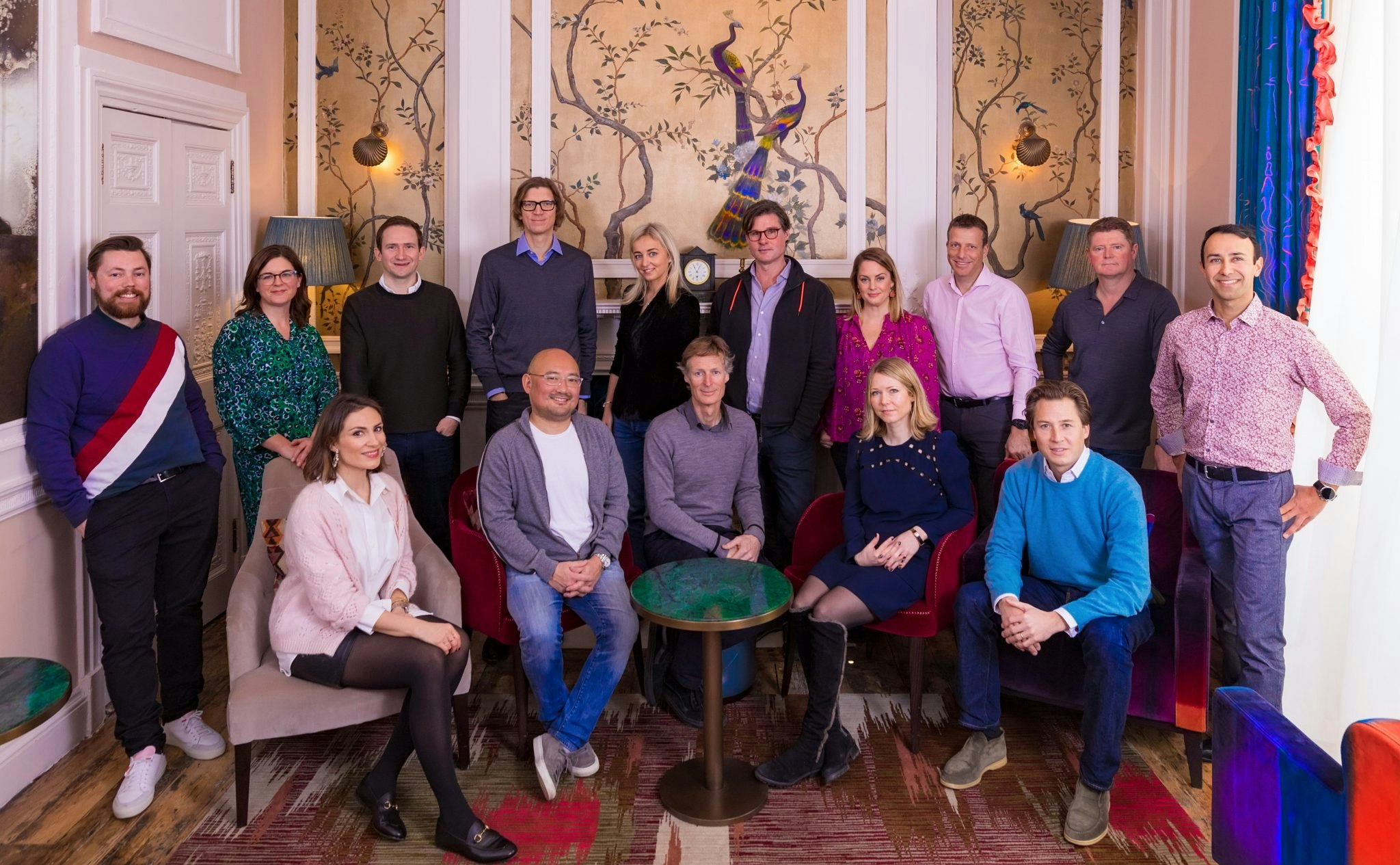
Atomico
Location: London, UK
People: The deeptech partners to talk to are Irina Haivas, Siraj Khaliq (who backed Graphcore) and principal Ben Blume. (In-depth interviews with them here.)
Size of fund: Just raised an $820m fund (more details here), bringing total assets under management to $2.7bn. Raised $765m in 2017.
What stage does it invest in? Series A onwards
USP: Looks for founders that can scale up fast and disrupt industries. Probably not worth calling them about a small business-to-business startup you intend to sell for a modest sum. Everyone knows Atomico and its famous founding partner, Niklas Zennström, the founder of Skype — but there are a lot of sector specialists. Invests in a lot of consumer tech like scooters and fintech providers, but isn't afraid of taking occasional big bets on unproven tech, having been a relatively early supporter of Lilium Jet and Graphcore.
Notable investments: Wolt, Graphcore, Lilium Jet, Healx, Varjo, Spacemaker.
Notable exits: Rovio, Supercell, Hailo.
Best way to get in touch: Will read all emails but a warm introduction would be better.
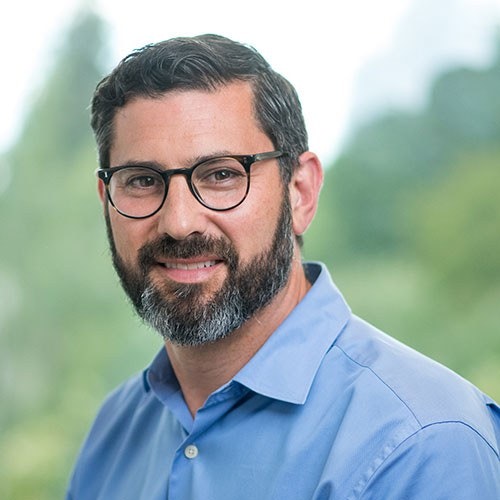
AV8 Ventures
Location: London, UK, and Palo Alto, US
People: Miles Kirby (managing partner), George Ugras (managing partner), Baris Aksoy (general partner), Serpil Kuyucak-Schiebel (operating partner), Min Hu (investing partner), Victor Christou (venture partner), Brett Battles (venture partner), Ruchita Sinha (venture partner), Shaun Kung (venture partner), Dr Gloria Lau (venture partner), Dr Marco Pavone (venture partner)
Size of fund: €150m
What stage does it invest in? Seed and Series A
USP: Backed by Allianz but invests more as an independent venture fund. The team has a lot of experience working in big tech, including Intel, Google, Qualcomm, IBM and LinkedIn. Invests in startups across sectors that are booming as a result of advances in the power of computer processing, machine learning and new data sources. Specific focus areas are next-generation mobility (including electrification and automation, new ownership models and deeptech solutions), digital healthcare, machine learning and big data, and enterprise software-as-a-service.
Notable investments: Alpha Medical, Contract Wrangler, Hometree, Locomotion, M:QUBE, PlanetIQ, Swift Shift, Uizard, Rephrase AI, Embrace + three more in stealth mode
Notable exits: None yet
Best way to get in touch: Email info@av8.vc
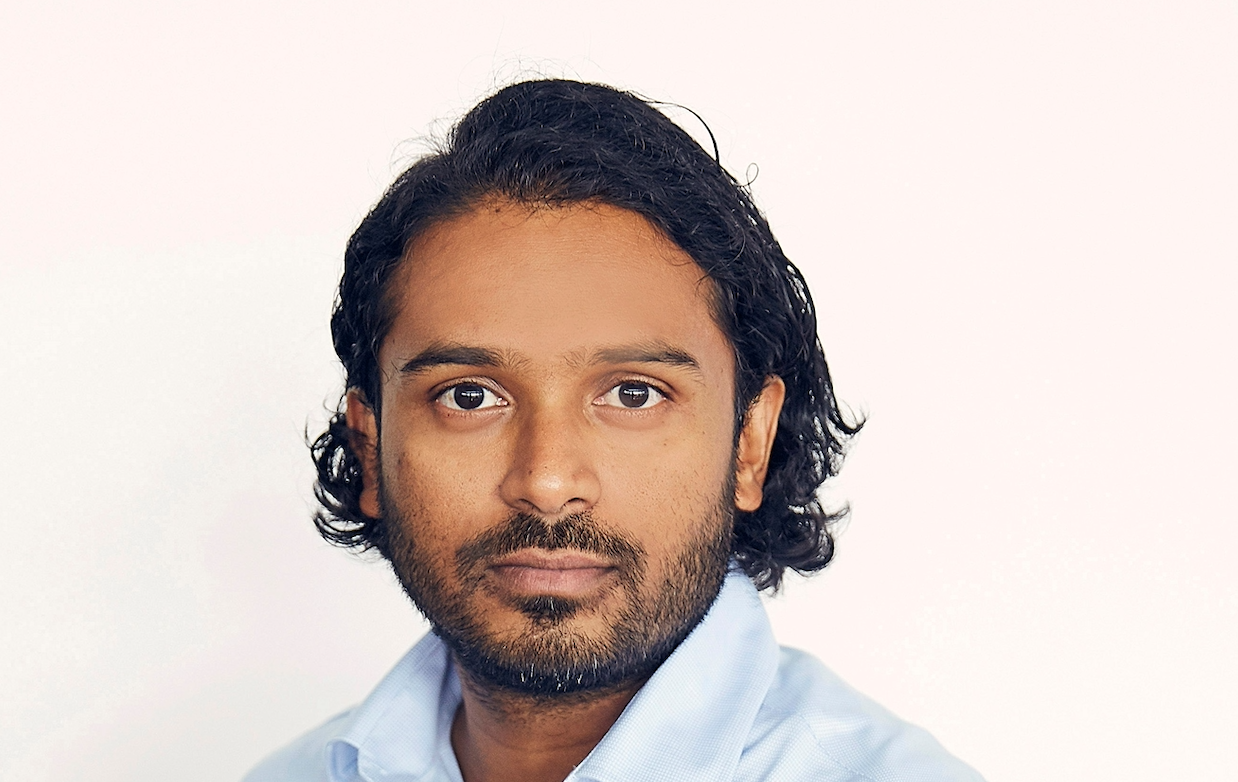
Cambridge Innovation Capital
Location: Cambridge, UK
People: Andrew Williamson (managing partner), Michael Anstey, Vin Lingathoti, Rob Sprawson, Robert Tansley
Size of fund: £275m
USP: Focuses on companies in the Cambridge ecosystem, with a deep affiliation with Cambridge University. Interested in earlt stage companies in artificial intelligence, internet of things, quantum technologies, autonomous systems, therapeutics, medtech/diagnostics, digital health and genomics/proteomics.
Notable investments: CMR Surgical, Riverlane, Carrick Therapeutics, Fluid Analytics, Prowler.io
Notable exits: Bicycle Therapeutics (floated in May 2019)
Best way to get in touch: Website or Twitter at @CIC_vc
Crane Venture Partners
Location: London, UK
People: Krishna Visvanathan (cofounder), Scott Sage (cofounder), Bonnie Kraus, Rav Dhaliwal, Leo Spiegel, Marta Bulaich
Size of fund: $90m
What stage does it invest in? Pre-Series A
USP: Specialises in investing in software and data companies solving problems for the enterprise. The two founding partners came from DFJ Esprit.
Notable investments: H2O.ai, Onfido, Tessian, Cyberhaven
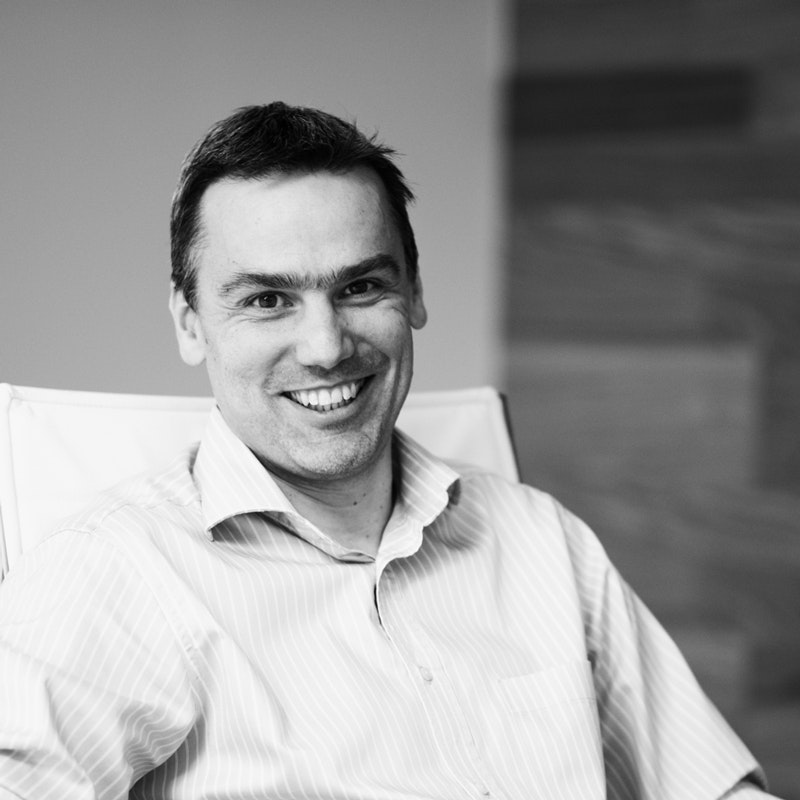
Credo Ventures
Location: Prague, Czech Republic
People: Partners: Jan Habermann, Vladislav Jez, Andrej Kiska, Ondrej Bartos
Size of fund: €170m
What stage does it invest in? Seed and Series-A, €50k — €10m
USP: Focuses on central Europe.
Notable investments: UIPath, Pricefx, Commsignia, Apiary
Earlybird Venture Capital
Location: Offices in Berlin, Munich, London, Istanbul, Bucharest
People: 12 partners. Cem Sertoglu, Christian Nagel, Hendrik Brandis, Roland Manger, Rolf Mathies
What stage does in invest in? Seed, Series A and early B rounds. Typical investments are between €500k — €10m
USP: Has a climate tech practice and a health fund capable of looking at specialist areas. Recently made its first spacetech investment into Isar Aerospace. The Digital East practice has a good window on the Central and Eastern Europe (CEE) region. Has offices across Europe, in Berlin, Munich, London, Istanbul, Bucharest.
Notable investments: N26, UiPath, Peak Games, Smava, Aiven, GetSafe, Simscale, Bitwala and Isar Aerospace.
Notable exits: Seven IPOs and 24 trade sales, including Interhyp, Tipp24, Dailydeal, Wunderlist, Nfon.
Best way to get in touch: Drop by the offices in Berlin, Munich, Istanbul or Bucharest, see them at the big tech conferences or give them a call.
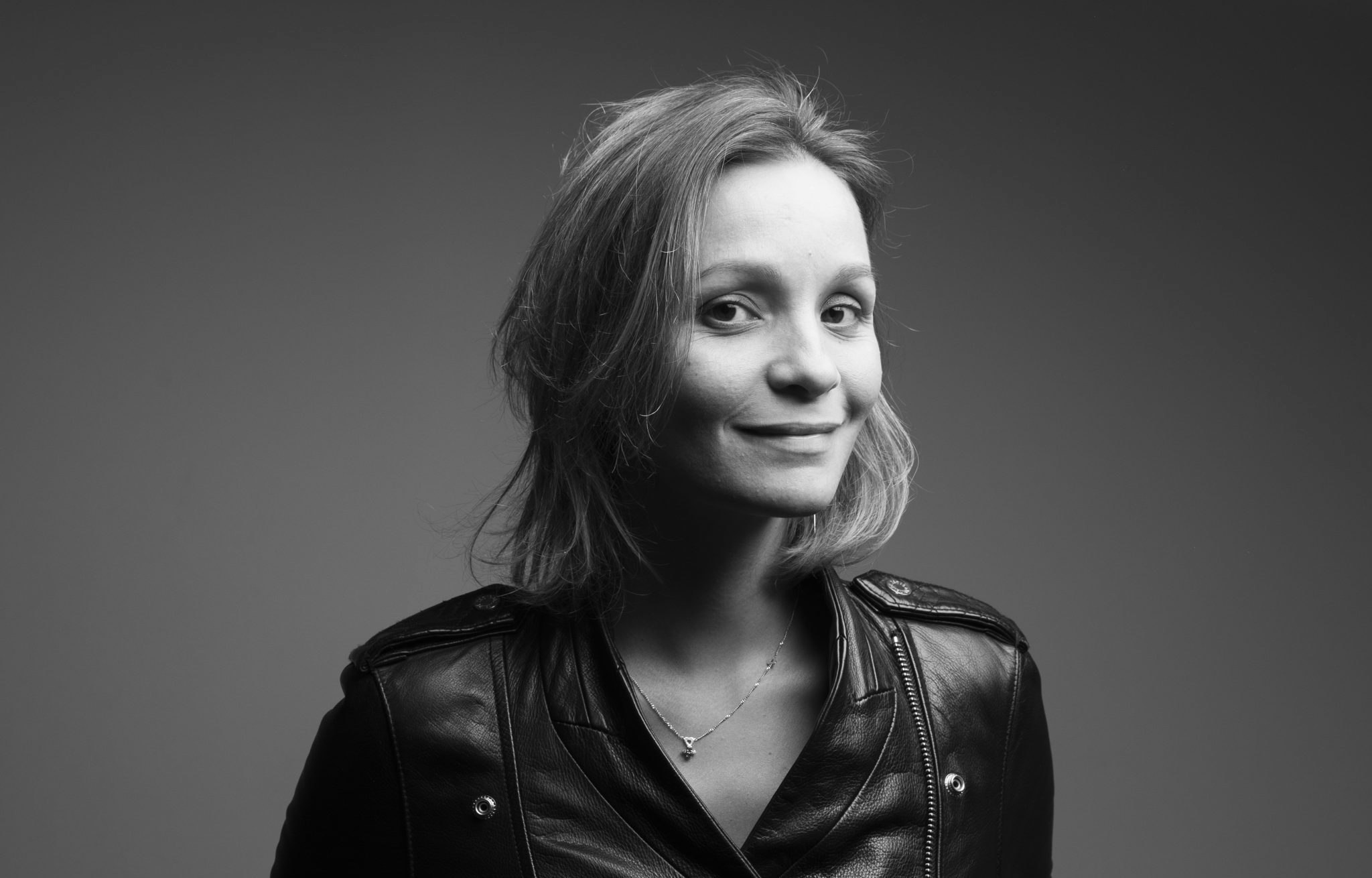
Elaia
Location: Paris, France
People: Xavier Lazarus and Philippe Gire (cofounders), Anne-Sophie Carrese, Marc Rougier, Samantha Jerusalmy and Pauline Roux
Size of fund: €420m in four funds. Just closed a €76m pre-seed innovation fund.
What stage does it invest in? Pre-seed to Series-A
USP: Partners have a mix of backgrounds, including banking and engineering, there is a high ratio of partners to portfolio companies. The deeptech fund is one of the oldest in Europe and the firm recently launched a biotech fund. Works with Parisian universities such as Paris Sciences & Lettres and INRIA at an early stage of their research. Most of the dealflow is in France.
Notable investments: 126 companies including Shift Technology, Mirakl, Sigfox, Agriconomie, Fretlink, Ornikar
Notable exits: 20 exits — Criteo (biggest French exit), Orchestra Networks (acquired by TIBCO), Teads
How to get in touch: Contact them through the website and meeting in person.
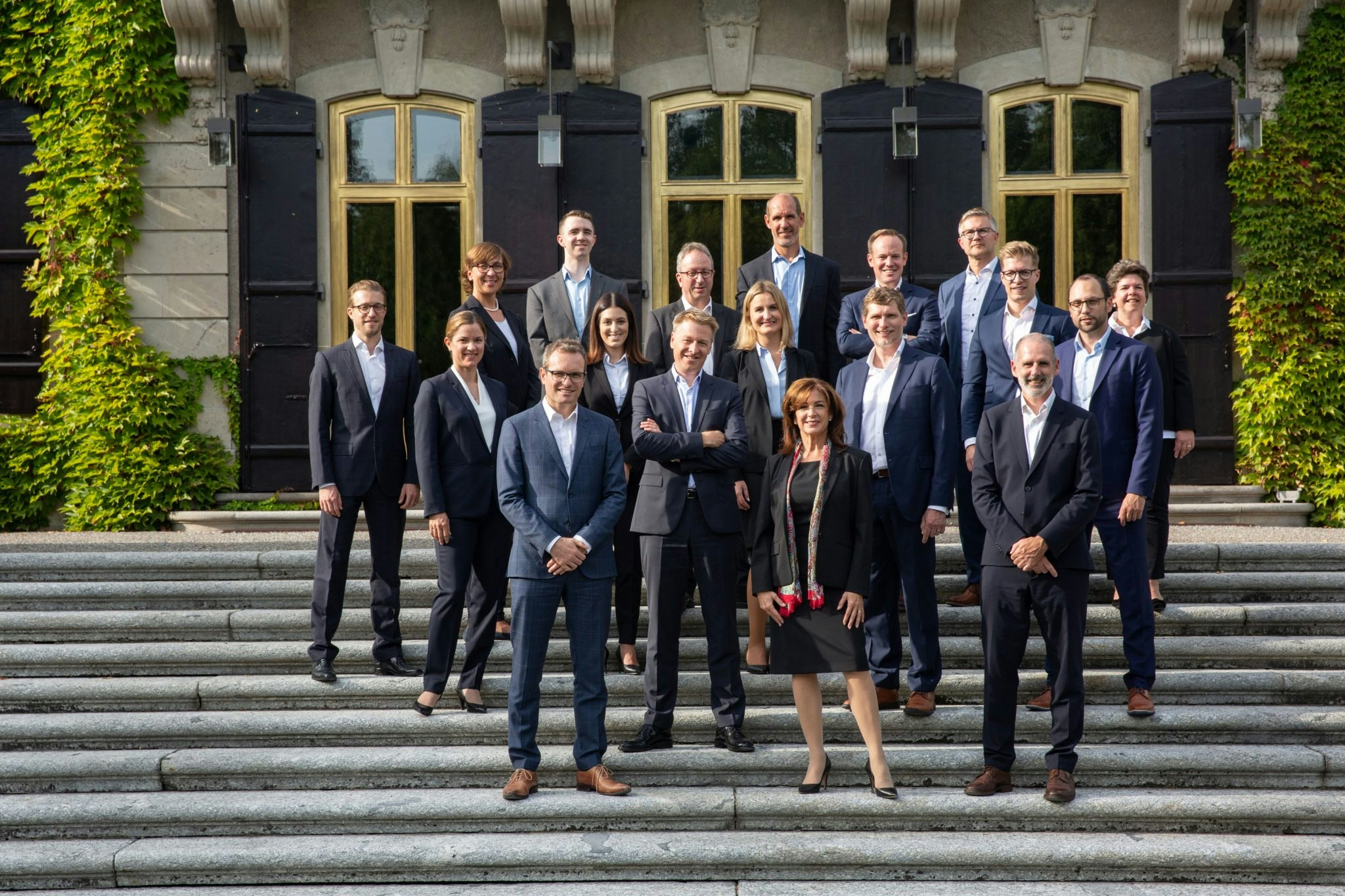
Emerald Technology Ventures
Location: Zurich, Switzerland and Toronto, Canada
People: Gina Domanig (managing partner), Christoph Frei, Markus Moor, Hans Dellenbach, Charles Vaslet
Size of fund: €200m assets under management. Has closed five funds.
What stage do they invest in? Early to expansion (Series A to D).
USP: Specialises in industrial technology ventures and has deep links with big corporations. All capital managed by Emerald comes from global industrial corporations, including ABB, Henkel, Caterpillar, Sabic, JSR and Doosan Heavy Industries.
Notable investments: 17 active investments, including Future Meat, Spear Power Systems and Urgently
Notable exits: Optimatics, SecurityMatters, Ushr, AZZURRO Semiconductors, Xunlight
Best way to get in touch: Email deals@emerald-ventures.com
Force Over Mass
Location: London, UK
People: Martijn de Wever (chief executive), Wouter Volckaert (chief investment officer) Filip Coen (chief operating officer)
USP: Not solely deeptech but does invest in science-based companies. Has created a transparent investment portal that gives investors sight of how the portfolio is doing at any given time.
Notable investments: Velocity, What3Words, SenSat, Huckletree
Best way to get in touch: Email pitch@fomcap.com
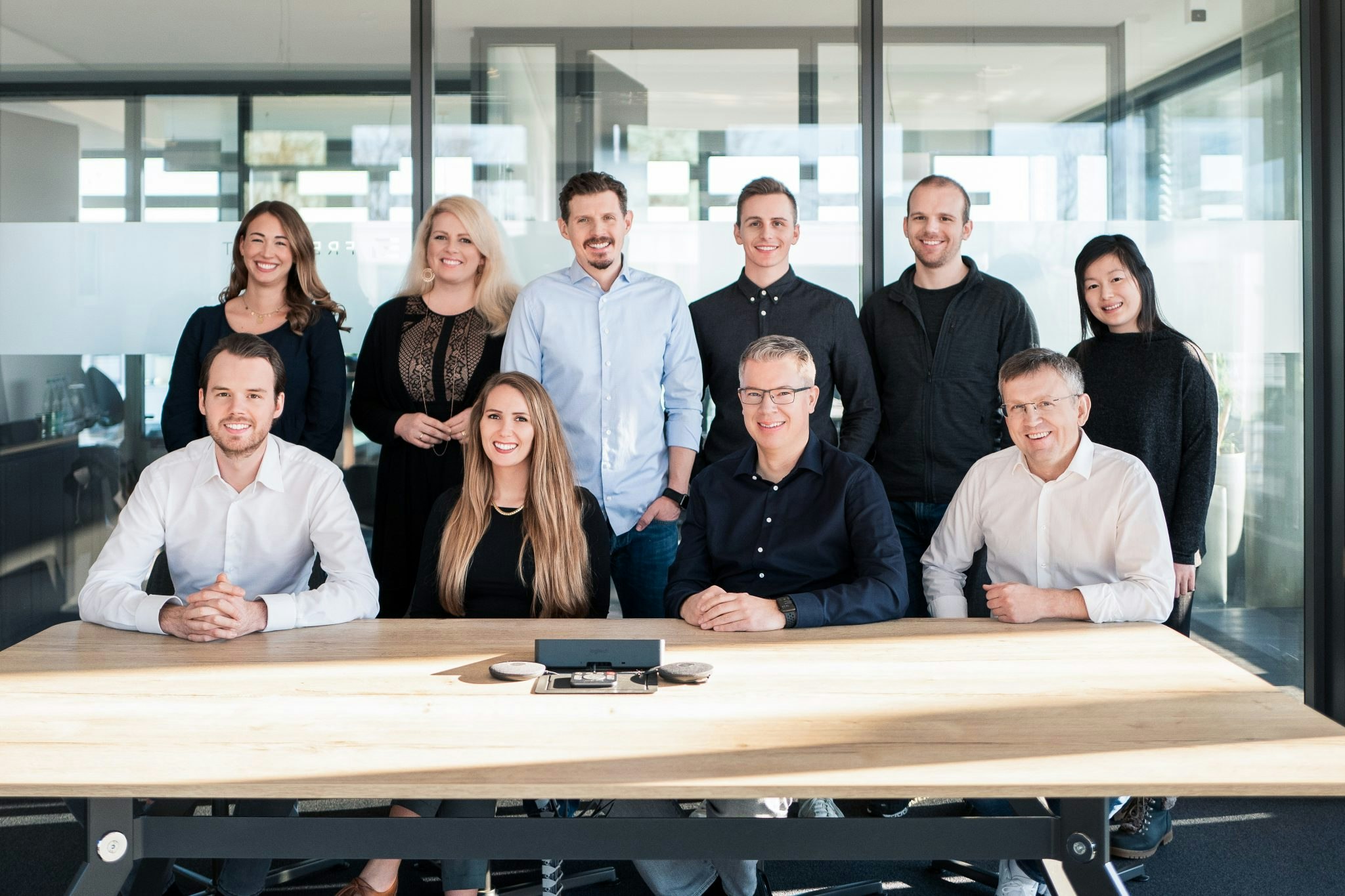
Freigeist Capital
Location: Bonn, Germany
Partners: Frank Thelen, Marc Sieberger, Alex Koch, Marcel Vogler, Niklas Hebborn
Size of fund: €100m+. Has raised four funds.
What stage do they invest in? Seed
USP: Looking for outstanding founders developing disruptive technologies, especially in artificial intelligence, blockchain and quantum technologies. The team are all serial founders who became investors, and so they behave more like cofounders than simply financiers. Despite a relatively large team of 13 they will only make one or two investments a year, so each portfolio company gets a lot of attention. Will allow a 10+ year time-horizon for getting a return on investment.
Notable investments: Lilium, Kraftblock, Neufund, Smartlane, air up, Hardt Hyperloop, Pitch, Xentral, Scanbot
Notable exits: MyTaxi (acquired by Daimler), Wunderlist (acquired by Microsoft), KaufDa (acquired by Axel Springer)
Best way to get in touch: Through the website
Frontline Capital
Location: Dublin, Ireland
People: Shay Garvey (founding partner), Will Prendergast (founding partner), William McQuillan, Stephen McIntyre, Steve Collins
Size of fund: €110m in two funds
What stage do they invest in? Seed-stage business-to-business startups pre-product, pre-seed and seed
USP: Specialises in expanding their portfolio companies to the US. 55% of their portfolio companies have offices in the US and US investors. Pride themselves in getting founders ahead of the curve, for example they claim to be the first fund in Europe to hire for platform, a role that is about helping founders learn faster from peer and mentoring networks. Most of their capital is from pension funds, sovereign wealth, and large family offices who are willing to take a long term view (although still not usually longer than 10-12 years).
Notable investments: Pollen, SignalAI, Verve
Notable exits: Pointy (acquired by Google) and Logentries (Acquired by Rapid7)
Best way to get in touch: Warm, qualified introductions are preferred but you can get in touch through their website.
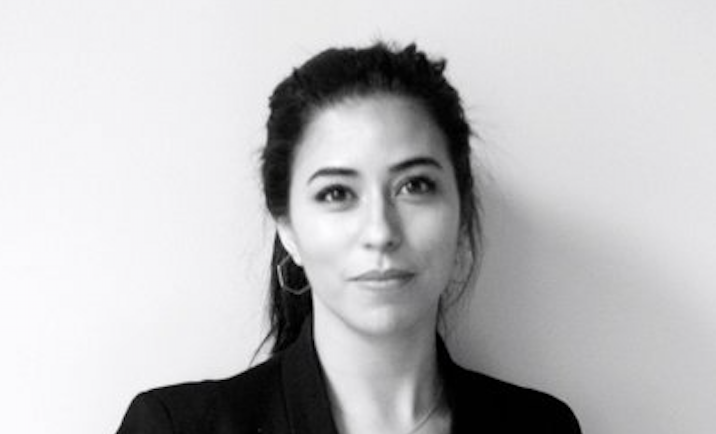
Future Positive Capital
Location: Paris, France
People: Sofia Hmich, Alexandre Terrien and Michael Rosen
What stage does it invest in? Seed and Series A, with a strong capacity to follow-on at Series B €300,000 and ~€5m
USP: Targets blind spots in existing European venture capital funding, looking tech that will not just solve "first world problems" but global problems like climate change.
Notable investments: Meatable, a Dutch company that is developing in-vitro, lab-grown clean meat from stem cells, and BioBeats, an Oxford-based company that built the world's first unified computational model for wellbeing. Cervest, a London-based startup applying AI to climate data.
Notable exits: None yet
Best way to get in touch: Attend one of their events and or reach out directly.
HTGF
Location: Bonn, Germany
People: Alex von Frankenberg (managing director)
Size of fund: €900m in three funds
What stage does it invest in? Seed
USP: Was started specifically to fill a gap in seed-stage finance in Germany. Has so far funded some 600 companies, of which around 100 have been sold. Backed by the Ministry of Economics and Technology and a large number of German corporations.
Notable investments: Bitwala, SimScale, Fazua, VMRay
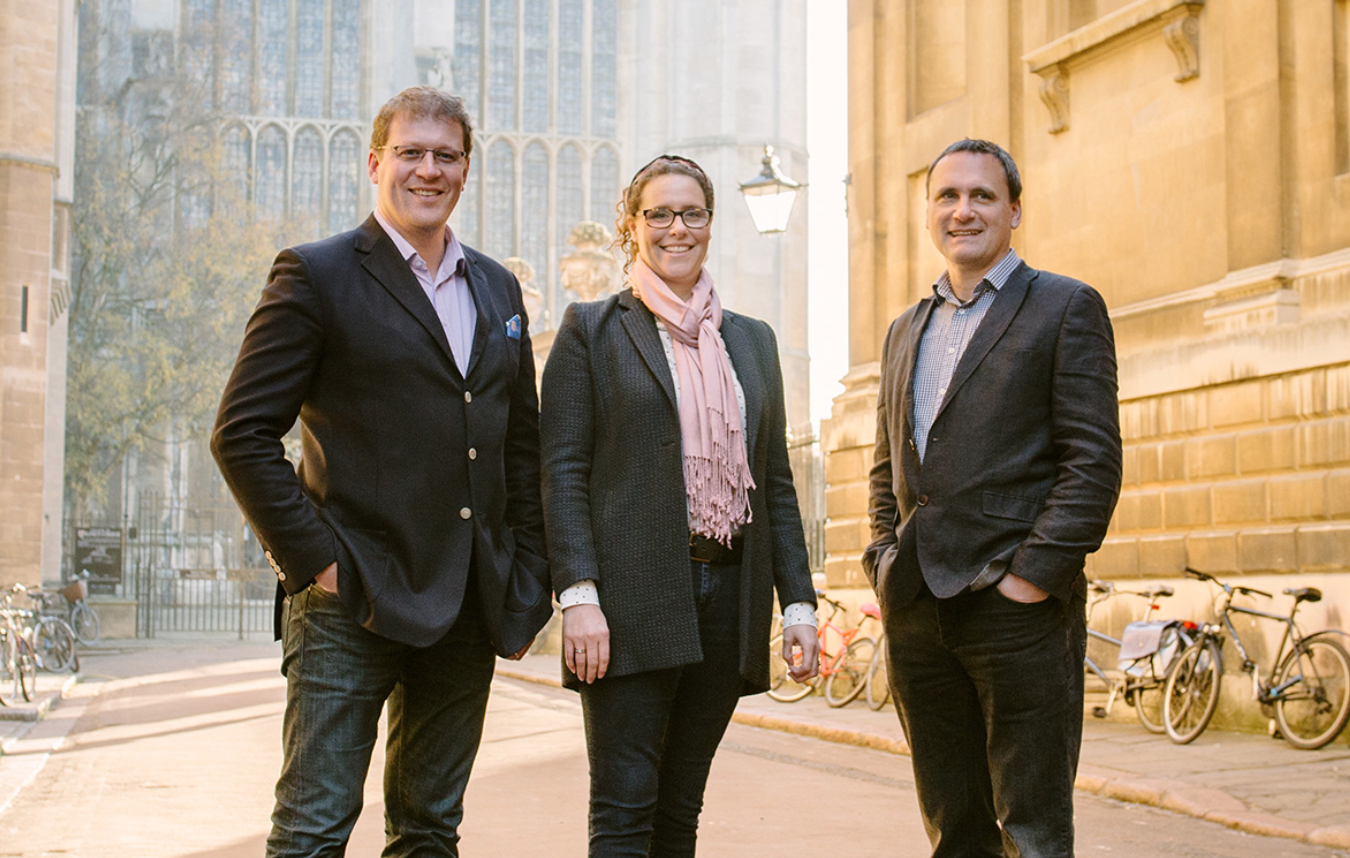
IQ Capital
Location: Cambridge, UK
People: Partners: Max Bautin, Kerry Baldwin, Ed Stacey
Size of fund: £325m in discretionary funds
What stage does it invest in? Seed and Series A. Initial investments range from £300k to £5m, with capacity for follow-on investment up to £30m.
USP: Looking for early-stage startups in artificial intelligence, machine learning, data science and disruptive algorithms. Invests in businesses which use hard-to-replicate technology to address massive global markets, with founder teams highly motivated and capable of following the path. IQ Capital has been investing solely in seed and early stage deep-tech for 15 years, so they understand tech and how to support tech-led founder teams.
Notable investments: Privitar, Fluid Analytics, Divido, Thought Machine
Notable exits: Over 20 exits to date, recent notable ones include Grapeshot and Bloomsbury AI
Best way to get in touch: ENQUIRIES@IQCAPITAL.VC
Launchub Ventures
Location: Sofia, Bulgaria
People: Partners Rumen Iliev, Stephane Gantchev, Todor Breshkov (cofounder and managing partner), Lyuben Belov (managing partner)
What stage does it invest in? Seed and Series A, investments range from €500k to €7m
USP: Looking for startups in fintech, proptech, big data and artificial intelligence, marketplaces, software-as-a-service, digital health, blockchain, internet of things. Focuses on central and eastern Europe.
Notable investments: Charlie, Gtmhub, Officernd, Cloudpipes
Longwall Capital Partners
Location: Didcot, UK
People: Partners: David Denny, Matthew Frohn, Michael Penington, Jane Burgoyne
Size of fund: Three funds totalling £145m
USP: Invests in early-stage UK based companies in science, healthcare and engineering. Has a preference for business-to-business companies rather than consumer products. Will typically invest $5m over the life of a company The partners have backgrounds in healthcare, engineering and mathematics which helps them evaluate early technologies. They like companies that are willing to pivot to Plan B along the journey.
Notable investments: Lettus Grow, Closed Loop Medicine, Mirico
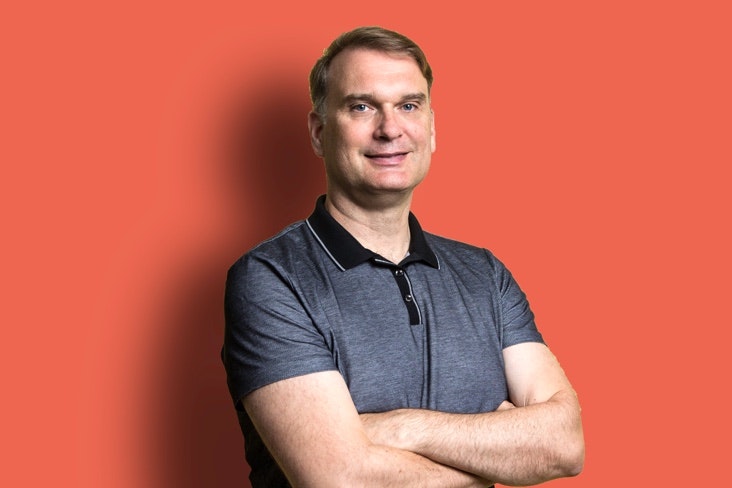
Maki.VC
Location: Helsinki, Finland
People: Ilkka Kivimäki (founding partner), Pirkka Palomäki (founding partner), Paavo Räisänen (investment director), Pauliina Martikainen (investment director)
Size of fund: One fund of €80m
What stage does it invest in? Seed and Series A, typically invests €200k to €2m in a round
USP: Looks for both deeptech and brand-driven investments. Maki is one of the early investors in quantum and doesn't seem afraid to back very uncertain ideas. The firm says it looks for "lunatic" founders, and doesn't believe in consensus, so they will invest as long as just one of the partners is convinced about an idea. It has 74 limited partners many of whom are exited entrepreneurs so they have considerable expertise in tech investing.
Notable investments: Currently has 21 companies in the portfolio including IQM, Spinnova, Disior Analytics, Neuro Event Labs, Ultimate.ai, Enfuce
Notable exits: None yet
Best way to get in touch: Send an email to lets@maki.vc with a short intro on what you’re building.
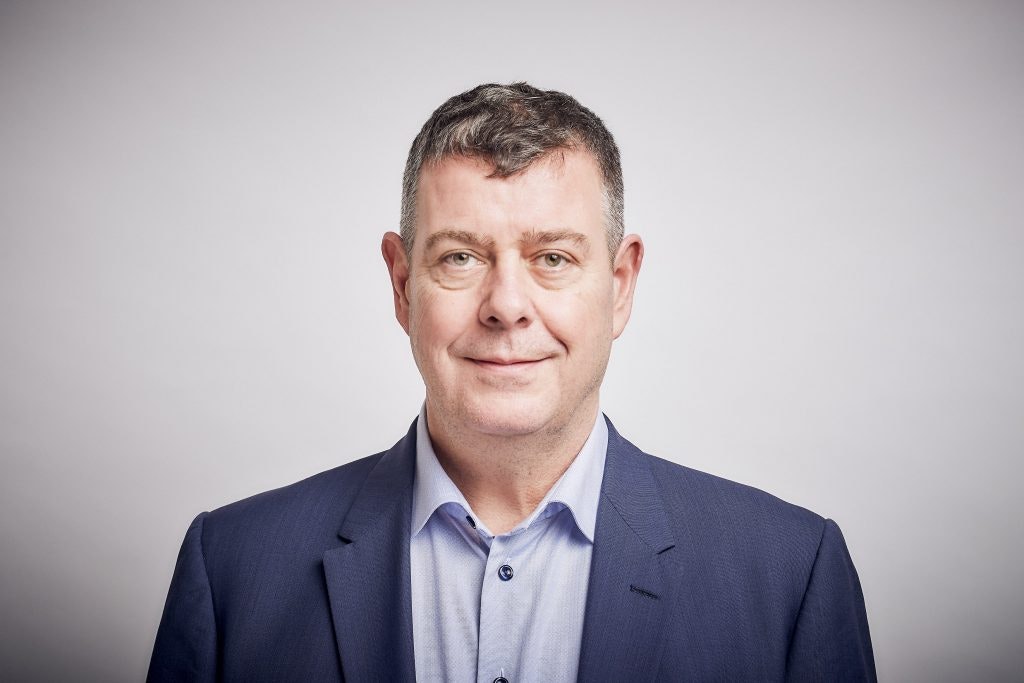
Parkwalk Advisors
Location: London, UK
People: Moray Wright, chief executive
Size of fund: £250m
What stage do they invest in? Pre-seed to later stages
USP: Parkwalk is the largest growth Enterprise Investment Scheme (EIS) fund manager, backing world-changing technologies emerging from the UK’s leading universities and research institutions. As the UK’s most active investor in university spin-out technologies, with £64m deployed in 2018, and the second most active globally, Parkwalk offers investors and partners access to a unique and diverse deal pipeline. Looking for knowledge-intensive and intellectual property-protected technologies. Investments cover a range of sectors including life sciences, artificial intelligence, quantum computing, advanced materials, genomics, cleantech, future of mobility, medtech and big data.
Notable investments: 100+, including electric motors manufacturer, YASA and big data analysis company GeoSpoc
Best way to get in touch: Through the website
Robert Bosch Venture Capital
Location: Frankfurt, Germany
People: Ingo Ramesohl (managing director), Philipp Rose (managing director)
What stage does in invest in? Seed to late stage. Typical investment size if $500,000 to $5m.
USP: The venture capital arm of Robert Bosch. Says it looks for startups that can transform markets. Will sometimes acquire the startups it invests in, but often exits are sales to other companies or market listings.
Notable investments: Currently has stakes in 30 companies including Graphcore, Movidius, AutoAI, Actility Cheetah Medical
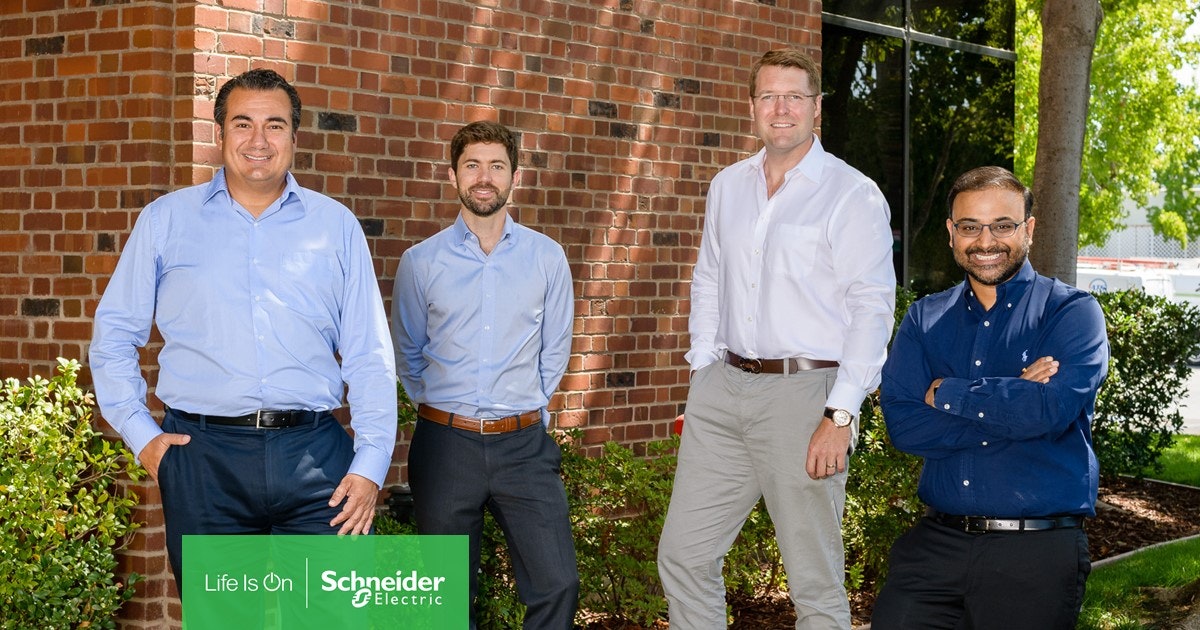
Schneider Electric
Location: San Francisco, US
People: Four partners in SE Ventures: Heriberto Diarte, Grant Allen, Varun Jain, Kevin Deneen. The company has an innovation team of approximately 50 people.
Size of fund: Has one €500m fund
Which stage will they invest in? Seed, Series A, late growth
USP: Looking for startups in industrial automation, cybersecurity, mobility, energy, internet of things, robotics and software. Backs entrepreneurs that Schneider Electric can partner with. Will either build and incubate companies from an early stage or partner with them later. Good at helping startups plug into a big company operation. With only Schneider Electric as the limited partner they can afford to be patient capital.
Notable investments: KGS Buildings, Titan AES, Element Analytics, Habiteo, Qmerit, Synapticon, Claroty, Autogrid, Volta, Sense. They are also part of five funds in China and the US.
Notable exits: Recently had the first initial public offering of a portfolio company: Inhands Networks in China.
Best way to get in touch: Linkedin, or edge_innovation@schneider-electric.com
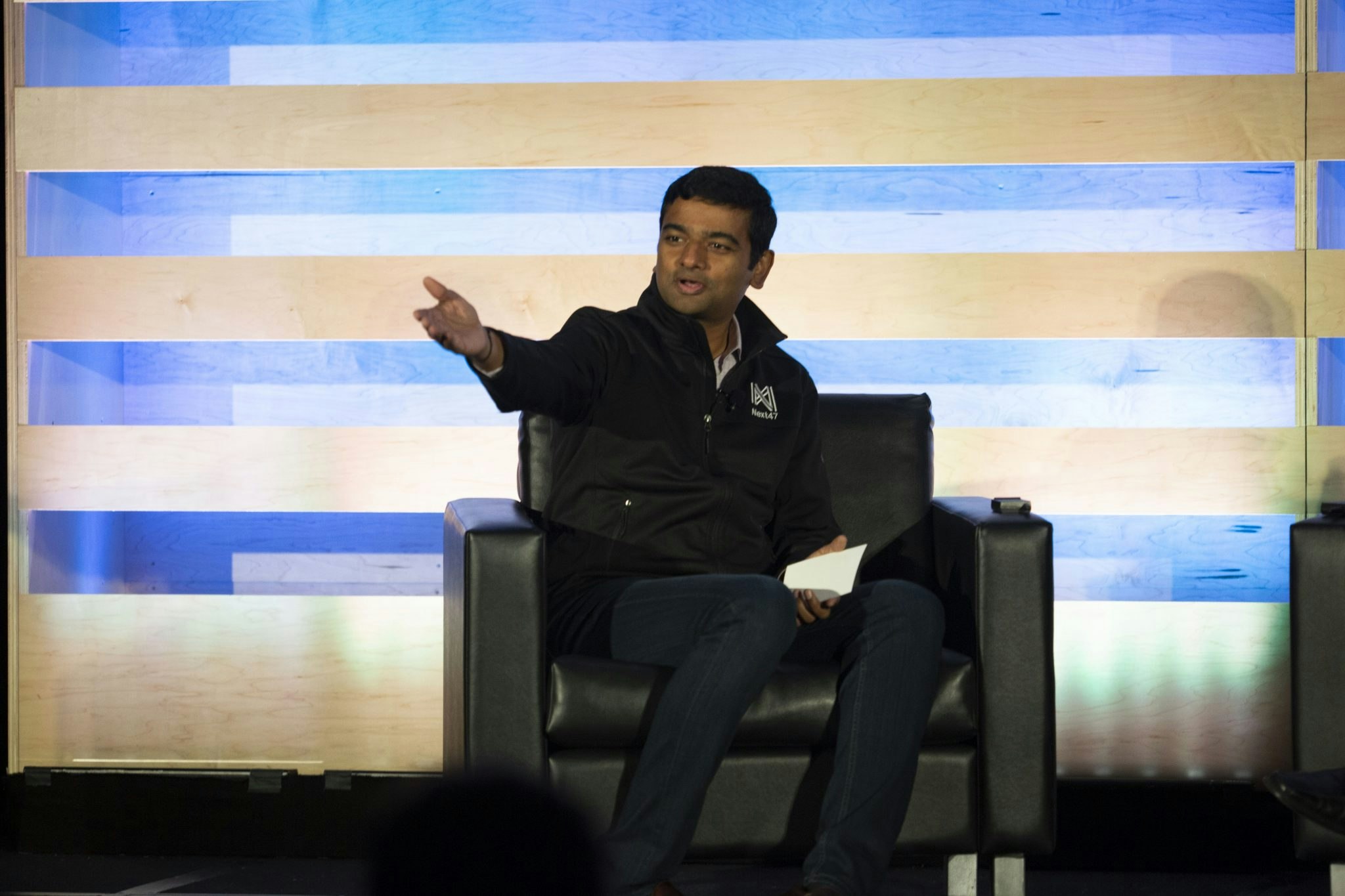
Next47
Locations: Palo Alto, Munich and Tel Aviv
People: Lak Ananth, chief executive and managing partner; Matthew Cowan, partner; Robert Hardt, partner; Eva Riesenhuber, partner and chief financial officer; T.J. Rylander, partner
Size of fund: $1.5bn across three funds
What stage does it invest in? Stage agnostic
USP: Started life as Siemens' venture capital arm but now operates more independently. Looks for startups using deep technologies such as artificial intelligence, augmented and virtual reality, cybersecurity, autonomous transportation, internet of things, robotics, advanced manufacturing, artificial intelligence-powered business applications, and automation technologies. Long industry expertise helps the team spot winners. In addition, it has a Catalyst team of 20+ professionals located in eight countries around the world that can help companies grow by plugging them into Siemens and other enterprises as well as government organisations around the world. Will work closely with startups on validating technology, proving product-market fit and accelerating adoption.
Notable investments: Investments with $1bn+ valuations: Verkada, Fair, ChargePoint
Notable exits: None yet. Next 47's predecessor, Siemens Venture Capital, had exits with Barracuda Networks and Black Duck Software.
Best way to get in touch: The investment lead in Europe is Daniel Kirchleitner.
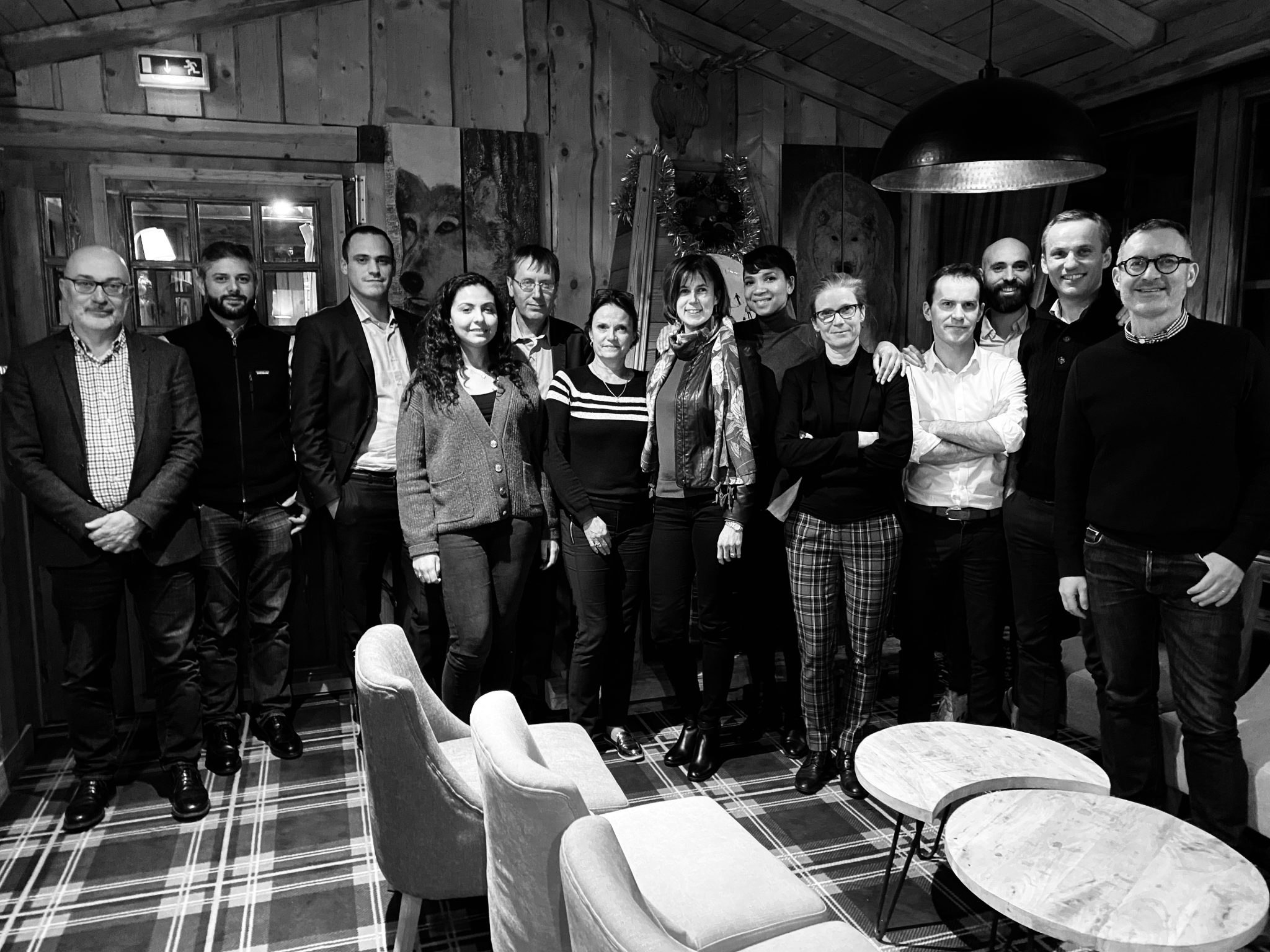
Supernova Invest
Location: Grenoble, France
People: Partners Pierre-Emmanuel Struyven, Regis Saleur, Celia Hart, Julien Christiani
Size of fund: Five funds and a total of €260m under management
What stage will it invest in? Seed to late stage
USP: Funds deeptech startups from inception to maturity in four sectors : health, industry 4.0, energy/environment, digital. Began life as the corporate fund of CEA, France's public sector research organisation in 1999, raised its first seed fund in 2013.
Notable investments: Has invested in more than 100 companies. The current portfolio includes Diabeloop, Robocath, Keranova, Naskeo, Prophesee, Algaia, Microphyt, Theranexus, Carthera, Nawa, Scintil, Afyren
Notable exits: Recently sold Symbio, a hydrogen fuel cell startup, to Michelin
Best way to get in touch: Mail to contact@supernovainvest.com or to one of the partners. You can also contact the team through the website.
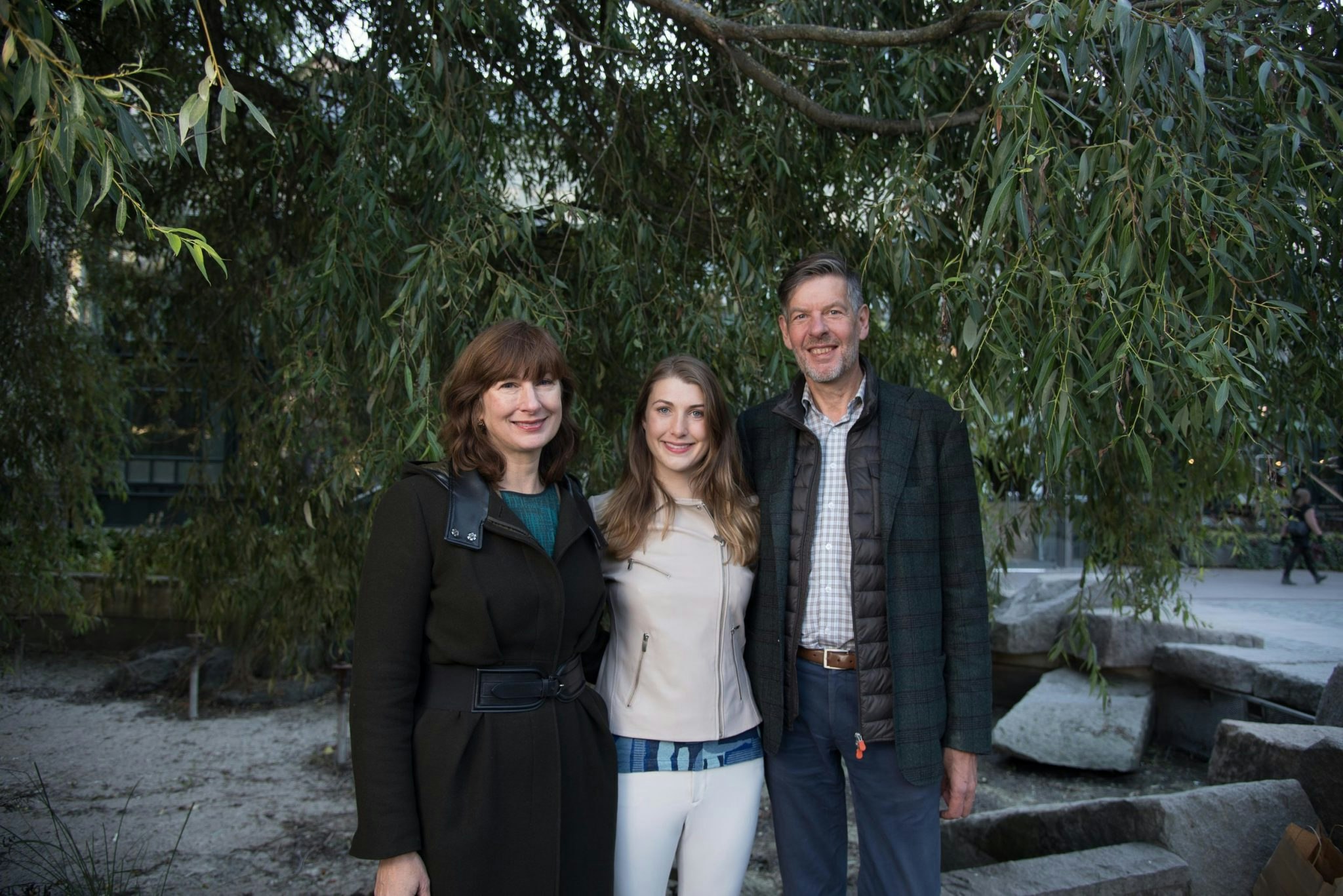
Walerud
Location: Sweden
People: Jane Walerud, Bengt Walerud (her husband) and Caroline Walerud (daughter)
Size of fund: Hasn't raised a fund but will invest their own money. Will typically invest 10MSEK plus a couple of years of part-time work in each company. Can handle six companies in the portfolio at any one time.
USP: This is not really a typical investor, but a family business of very tech-savvy company builders. The Waleruds helped build Klarna, but have since worked with many deeptech companies. They start with companies at a very early stage, usually when it is just the founders and an idea. They use their networks and experience to help companies grow. "We're part of the gang but have no wish to take over," says Jane Walerud, describing the relationship.
Notable investments: The best-known is Klarna. But there is a long list of others including LensWay, Midsummer, Racefox, Ekkono, Swedish Algae Factory, Volumental, Graphmatech, Ellen.
Best way to get in touch: email jane@walerud.com or visit the website

